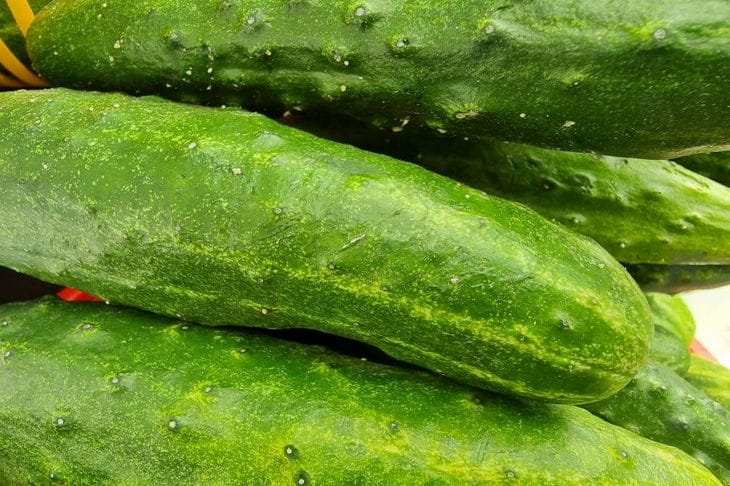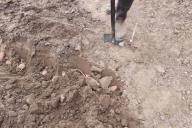Planning a garden is not only a labor and care, but also a scientific treasure trove of knowledge about plant compatibility.
To avoid crop loss and optimize space utilization, it is important to remember that it is not advisable to plant a number of vegetables next to each other.
Anastasia Kovrizhnykh tells us about nine vegetable pairs that “don’t get along” when living side by side in the soil.
Tomatoes and potatoes
Combining these two crops can lead to the spread of late blight, a disease that harms both species.
Cucumbers and aromatic herbs
Cucumbers do not like the acidic soil that many aromatic herbs, such as basil or mint, create.

Onions and beans
They can suppress each other's growth, as onions release substances that slow the growth of legumes.
Carrots and dill
When planted together, carrots often attract pests that can also harm dill.
Beetroot and mustard
Mustard can prevent beets from gaining sugar, which negatively affects the taste and quality of root vegetables.
Eggplants and tomatoes
Both vegetables are susceptible to the same diseases and parasites, which increases the risk of them being affected at the same time.
Cabbage and strawberries
Cabbage can be a breeding ground for aphids, which will then migrate to strawberry plantations.
Garlic and beans
Garlic inhibits the growth of legumes, so their proximity turns out to be unproductive.
Spinach and Watercress - Salad: Spinach, which is high in nitrogen, can encourage watercress to grow too quickly, which reduces its flavor.
Proper crop planning plays a key role in obtaining a rich and healthy harvest.
Study the interaction of plants, apply the principles of crop rotation and remember that even in a small garden, each plant needs its own space and special conditions for growth. These simple steps are the beginning of the path to a bountiful harvest.
Previously we talked about removing yellowness from pillows.









